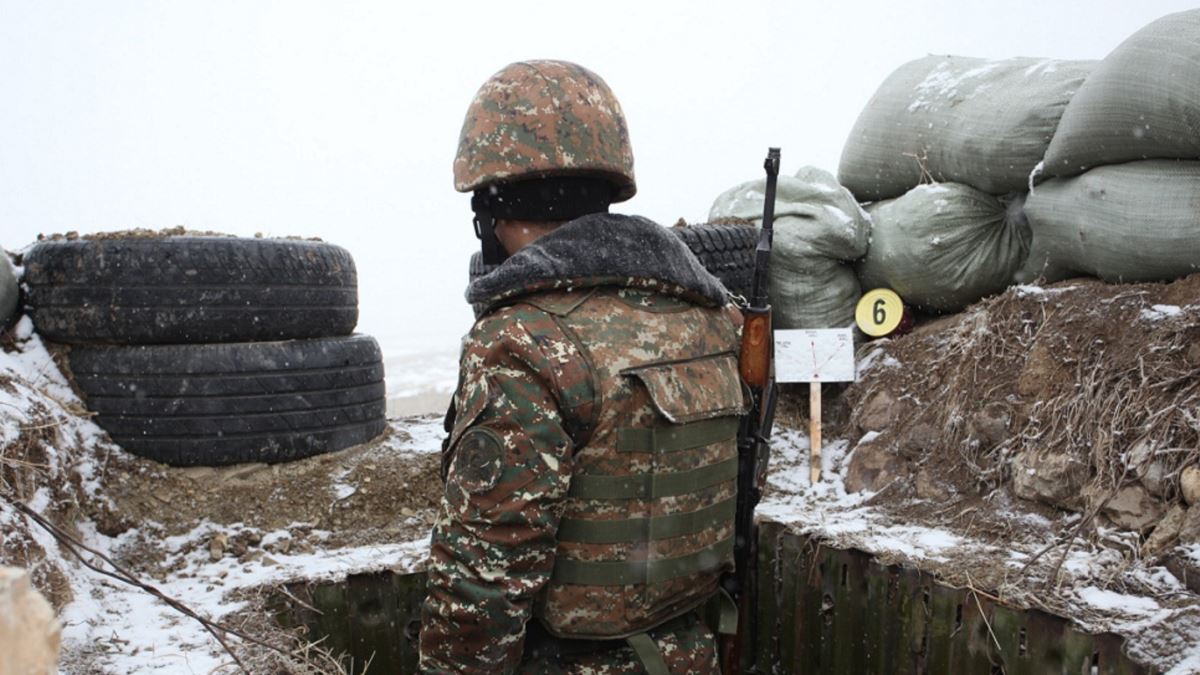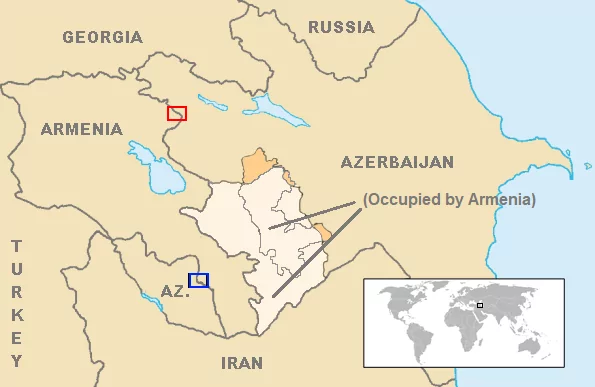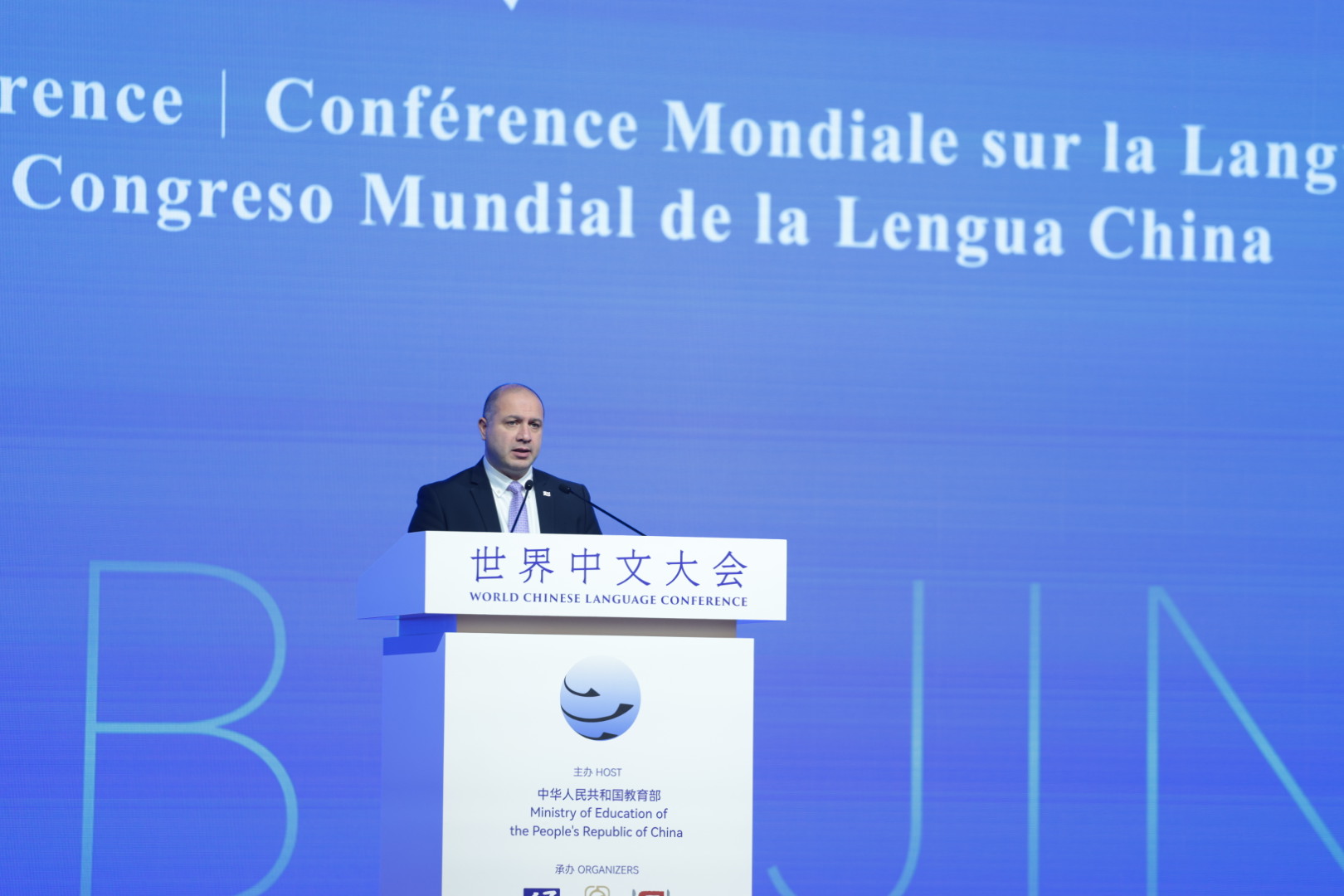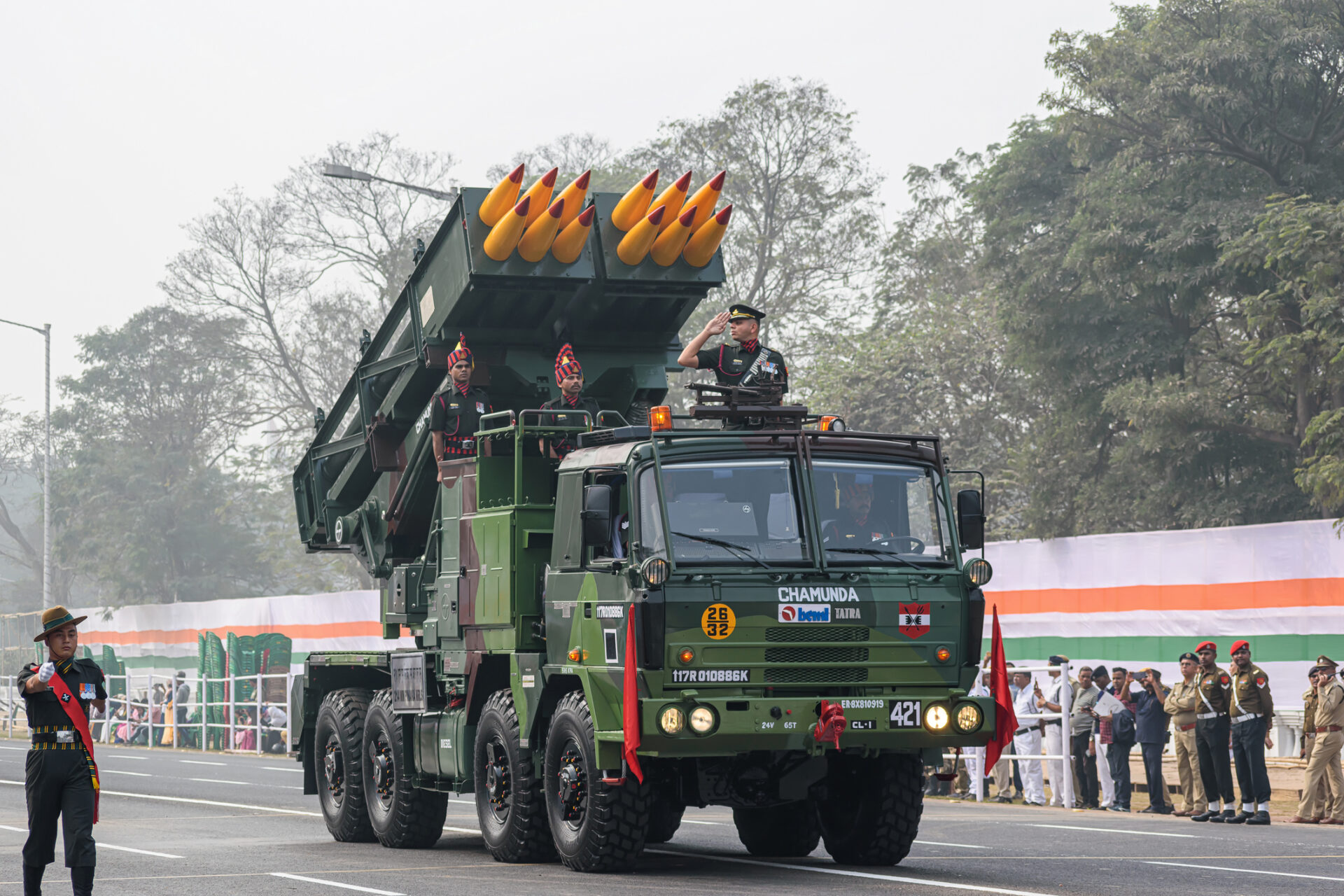
Armenia-Azerbaijan Conflict Escalates With Intense Border Confrontation
Armenia-Azerbaijan Conflict Escalates With Intense Border Confrontation
On July 12, the decades-long conflict between Armenia and Azerbaijan escalated into a major military confrontation along the state border straddling Azerbaijan’s Tovuz and Armenia’s Tavush regions (Jam-news, July 12). The clashes, involving heavy artillery as well as aerial drones, resulted in the deaths of several military personnel and civilians along with the destruction of infrastructure in the border region. On July 13, it was reported that the two sides also fought along the border in Azerbaijan’s Nakchivan exclave, which is nestled between Turkey, Iran and Armenia (Mod.gov.az, July 13). As of July 14, press accounts state that seven Azerbaijani service members, including a major general and a colonel, were killed, while Armenia has reported the loss of two military officers (Report.az, Hetq.am, July 14).
The Armenian Ministry of Defense asserted that the clashes started with a provocation by the Azerbaijani side on July 12. A spokesperson for the ministry, Shushan Stepanyan, reported on her Facebook page that “[a]n Azerbaijani jeep, for reasons unknown to us, attempted to violate the state border of Armenia in the area of Tavush,” adding, “After a warning by the Armenian side, the enemy soldiers left the vehicle and returned to their position. Stepanyan claimed that, around an hour later, “Azerbaijani soldiers, using artillery fire, attempted to seize our outpost but were pushed back, taking casualties” (Facebook.com/shushanstepanyan, July 12).
In a phone call with Ambassador Andrzej Kasprzyk, the personal representative of the Organization for Security and Cooperation in Europe’s (OSCE) Chairperson-in-Office, Armenian Minister of Defense Davit Tonoyan declared that his country’s Armed Forces had been instructed to “occupy new advantageous positions” if the Azerbaijani side attempts any further provocations (Twitter.com/ArmeniaMODTeam, July 13).
In turn, the assistant to the president of the Republic of Azerbaijan on foreign policy, Hikmat Hajiyev, accused the Armenian side of suddenly launching an initial attack on the positions of Azerbaijani forces, declaring, “The armed forces of Armenia had flagrantly violated the ceasefire regime and used artillery mounts to fire on the positions of Azerbaijan’s armed forces in the direction of Tovuz district” (Azertag, July 12).

For Polad Bülbüloğlu, Azerbaijan’s ambassador to the Russian Federation, it does not matter who started the recent skirmishes, “the question is why does it occur?” Not ruling out the possibility the recent incident could lead to full-scale warfare, Bülbüloğlu asserted that this happens “[b]ecause the territories of Azerbaijan are occupied. Because foreign troops forcefully keep the territory of Azerbaijan. I am not shy and say that it is time to resolve this conflict on the basis of international law, and international law is completely on the Azerbaijani side” (Govoritmoskva.ru, July 14).
For Azerbaijani experts, the attack directly along the state border between the two rival South Caucasus neighbors is a deliberative move by the Armenian side to lay the ground for the involvement of the Moscow-led Collective Security Treaty Organization (CSTO) in the conflict. Notably, any hostilities in the Karabakh region itself and surrounding Armenian-occupied areas does not fall under the jurisdiction of the alliance due to the status of this area as part of Azerbaijan’s internationally recognized territories (Hafta.az, July 14).
In an attempt to invoke Article 4 of the CSTO Charter, which designates an attack on a member state as an attack against all members, Armenia’s Foreign Minister Zohrab Mnatsakanyan held a phone conversation with CSTO Secretary General Stanislav Zas (Mfa.am, July 13). A few hours after their talks, the secretary general announced an emergency meeting of the organization; however, that meeting was soon postponed indefinitely, to the disillusionment of the Armenians (Minval.az, July 13).
Multiple states and international organizations have called on the two warring sides to exercise restraint and observe the ceasefire regime established in 1994 with Russia’s mediation. In its statement, the Russian Ministry of Foreign Affairs expressed “serious” concern about the recent developments and underscored the “the inadmissibility of a further escalation of the conflict, which poses a threat to the security of the region” (Mfa.ru, July 13).
The Ministry of Foreign Affairs of Turkey and many high-ranking officials in Ankara declared strong support to Azerbaijan and condemned Armenia’s aggression. In particular, the foreign ministry statement pointed out that “Armenia’s recent attacks sought to draw the attention of the international community to other places than the illegally occupied Nagorno-Karabakh and surrounding regions [in order] to add new dimensions to the conflict” (Anadolu Agency, July 14).
The co-chairs of the OSCE’s Minsk Group, the main international mission tasked with coordinating the negotiations between Yerevan and Baku, likewise issued a statement lamenting the breach of the ceasefire and resulting causalities (APA, July 13).
Notably, the Minsk Group is widely criticized in Azerbaijan for its ineffectiveness, having failed to achieve any real breakthrough in the negotiations over the past three decades since it was formed. In one of his most recent media appearances, on July 6, Azerbaijani President Ilham Aliyev openly criticized the international mediators in the negotiations, declaring that the peace process has become “meaningless” (President.az, July 6).
Having been unable to push the Armenian government into substantive negotiations for nearly 30 years, and neglecting the potential repercussions of this extended failure of the peace process, the international mediators had become discredited in the eyes of the Azerbaijani people. In particular, the recent provocation in the town of Shusha, in occupied Karabakh, where the Armenian side held an inauguration ceremony for the so-called new president of the local regime in a place of deep cultural significance to Azerbaijanis, was seen as the last straw for many members of Azerbaijani society. As a result, popular pressure has been growing on the Azerbaijani government to finally liberate the country’s occupied territories at any cost (News.az, May 23).


